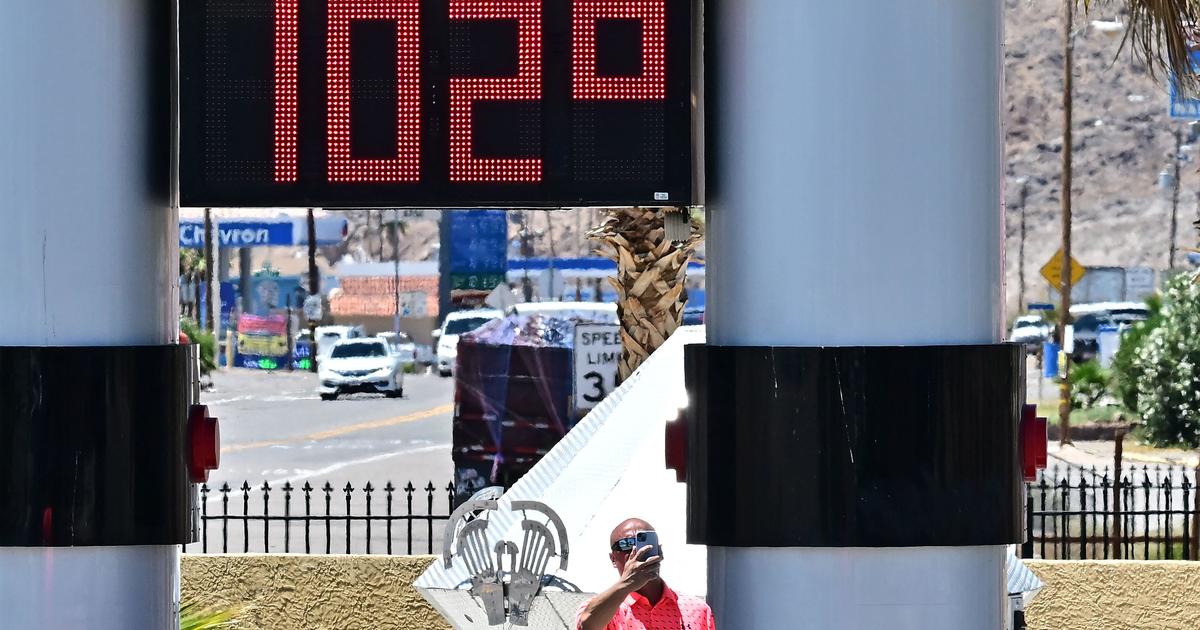A scorching heat wave has swept across the United States, leading to unprecedented high temperatures and resulting in over 180 million people living under a heat advisory on Friday. Unfortunately, this heat wave comes at a time when the nation is facing a crisis of power disconnection, with millions of households at risk of having their electricity turned off due to unpaid bills.
According to Sanya Carley, a professor of energy policy and city planning at the University of Pennsylvania, about 25% of Americans are uncertain about their ability to pay their household energy bills, with low-income individuals being most vulnerable to utility disconnections. Last year alone, approximately 3 million households had their power shut off.
However, with the soaring mercury and the impact of inflation and higher energy costs, even more households could face the risk of disconnection this summer. Unfortunately, only 19 states have regulations in place to restrict utility shutoffs during the summer, leaving the majority of Americans without any recourse if they fall behind on their electric bills during a heatwave.
Carley expressed concern over the cycle of disconnection and energy insecurity that many households face once they experience the initial disconnection. The inability to run fans or air conditioning to regulate body temperatures due to power loss places people at immense risk, and in some cases, it can be deadly.
Forecasters predict that several heat records could be broken on Friday, with temperatures exceeding the average by 10 to 15 degrees Fahrenheit. The Southwest and southern Plains have already endured weeks of oppressive temperatures, with some meteorologists calling it an unprecedented period of temperatures over 100 degrees.
Carley’s research also revealed that many Americans resort to risky strategies to keep their electric bills low. Around 27% of low- to moderate-income individuals take on debt to pay for their utilities, while another 26% compromise their comfort by setting risky temperatures in their homes.
The grim reality is that an electricity cutoff during the summer can have fatal consequences. However, tracking such cases can be challenging as the cause of death may be attributed to something else, such as heart failure. One tragic example is Stephanie Pullman, a 72-year-old woman who had her power shut off in 2018 during extremely high temperatures. Her death was later attributed to “environmental heat exposure.”
Although Arizona has implemented protections against disconnections during extreme weather, most states lack such safeguards, including states where summer temperatures are historically high and are worsening due to climate change. Carley suggests that federal regulators should step in and issue a national directive to protect citizens during extreme weather events.
Furthermore, Carley proposes that the federal government should consider implementing an emergency moratorium on disconnections and expanding funding for the Low Income Home Energy Assistance Program (LIHEAP) to help more low-income households pay their energy bills during the hot summer months.
For those at risk of having their electricity shut off, Carley advises contacting their utilities to inquire about payment plans or other forms of assistance. Surprisingly, only 6% of low-income households seek help from their utilities, opting instead to accumulate debt or forgo essential needs.
Local government agencies and charities may also provide aid for utility bill payments, and in emergency situations, families can seek refuge at cooling centers in schools or public buildings if they lose power.
Carley warns that energy insecurity is on the rise across the United States, and it’s not limited to low-income households. As climate change worsens and energy prices increase, more and more people will find themselves in vulnerable situations.
In conclusion, the combination of a punishing heat wave and a power disconnection crisis poses significant challenges for millions of Americans. Urgent action is needed at both the state and federal levels to protect individuals from the adverse effects of extreme weather events and ensure access to essential utilities during times of high heat.
Denial of responsibility! VigourTimes is an automatic aggregator of Global media. In each content, the hyperlink to the primary source is specified. All trademarks belong to their rightful owners, and all materials to their authors. For any complaint, please reach us at – [email protected]. We will take necessary action within 24 hours.


